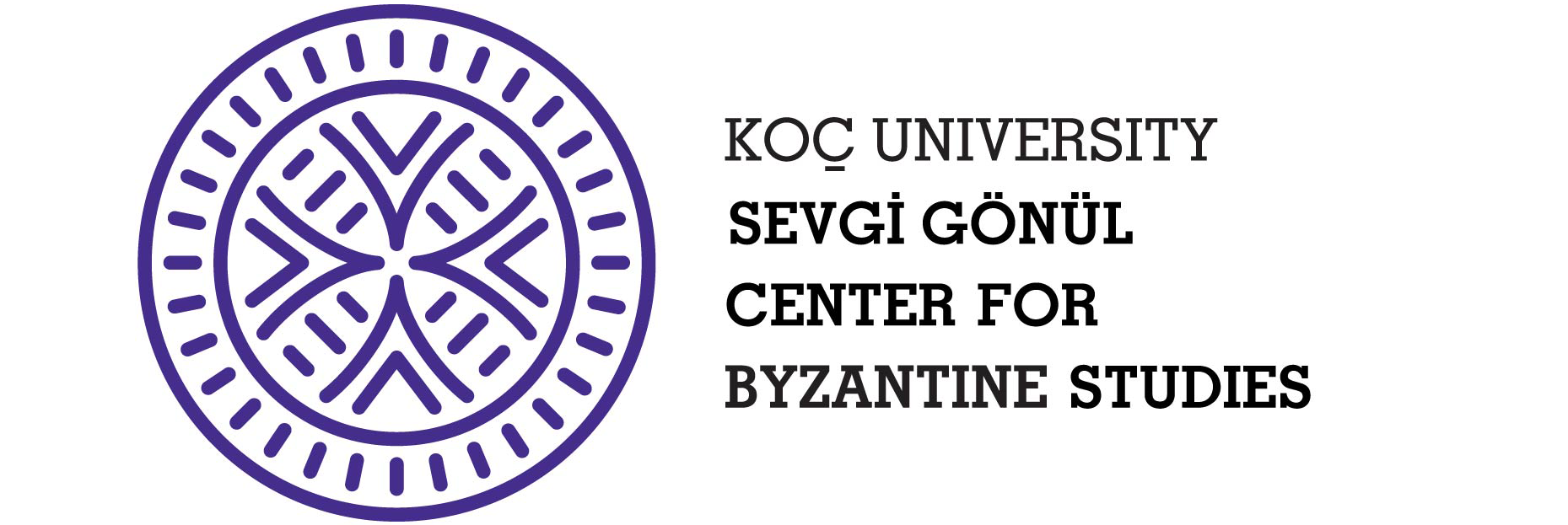We embarked on the “Being a Byzantinist in Turkey” Oral History Project with the aim of documenting the personal testimonies of our esteemed professors, who have pioneered the development of Byzantine studies as an academic discipline in Turkey and preserving them in the collective memory. This project is the most comprehensive compilation of primary sources illuminating the history of the academic work in this field in our country. The oral history interviews, initiated in 2017 and conducted by Şebnem Dönbekci, a doctoral student in the Department of Archaeology and Art History at Koç University, were completed in early 2023 after a hiatus due to the Covid-19 pandemic.
Within the scope of the project, 35 oral history interviews were conducted with academics and researchers working in the fields of Byzantine history, art history, architectural history, and archaeology in Turkey. The interviews explored the participants’ subjective academic experiences in Byzantine studies, as well as their testimonies and assessments regarding institutional work in this field. Some of our very esteemed professors who have supported our project and are pioneers of Byzantine studies in our country are unfortunately no longer with us today, but their journeys and experiences we have recorded will continue to shed light for us and those who will come after us. We remember them with respect and longing.
Oral history interviews were conducted with academics who have worked or are working in 12 cities and 23 universities in our country, as well as experts who have been involved in the institutionalization of Byzantine studies. It was aimed to cover different disciplines, areas of expertise, experiences, and institutions. Two-thirds of the interviews were conducted before the decision to change the venue of the 24th International Byzantine Studies Congress, which was planned to be held in Istanbul in 2021, and the rest were conducted after the said congress convened in Italy in 2022. Collecting data related to this congress, which is of critical importance for Byzantine studies in our country, will make a significant contribution to the historiography of our discipline.
The oral history interviews, which lasted for a total of nearly 100 hours, were recorded and transcribed by Tarçın Film and FUKO Creative. After editing the interview videos with English subtitles, they were made accessible on our website through specially prepared pages for this project. We will also provide the Turkish and English transcripts of the interviews on these pages and make them available for researchers and the public in the near future.
We sincerely thank all the academics and researchers who have contributed to this project for sharing their memories, testimonies, and opinions with us. This study, which reveals the distance Byzantine studies have covered and the point it has reached in our country on the 100th anniversary of our Republic, can be enriched and updated with new oral history interviews in the coming years. I hope that these primary sources, which shed light on the past and present of academic work in the Byzantine field in our country and contain important data for its future, will be useful for scientists and students working in this field, and the general public. You can see all the team members who contributed to this long-term project under the tab “Project Team”. As the GABAM Director, I would like to thank all the team members who contributed to this project and ANAMED, Koç University Information Technologies Directorate, and Suna Kıraç Library, who supported us in our project.
Engin Akyürek
